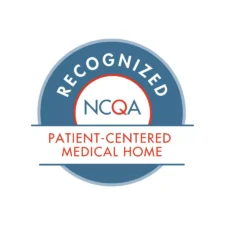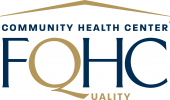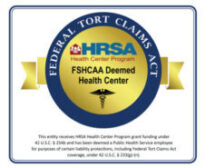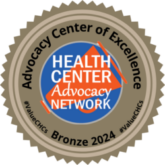Why the 340B Drug Discount Program Must Survive
In Our Opinion
Why the 340B Drug Discount Program Must Survive
A drug discount program that helps provide life-saving drugs to low-income patients is at risk if we fail to act. Make no mistake, lives are at stake. Congress created the 340B program in the 1990s to give safety-net providers access to reduced pricing. They could not negotiate this reduced pricing on their own. The program has had bipartisan support because it stretches scarce federal resources as far as possible for the common good. Nothing is wasted.
For Community Health Centers, 340B discounts make medications and services affordable for their 30 million patients.
The situation is serious for Greene County Health Care (GCHC) as well. GCHC is a community health center with sites in three counties – Greene, Pitt and Pamlico. We served about 38,000 patients last year, providing comprehensive medical and dental care, mental health services and telehealth and virtual care.
Our goal is to serve anyone in eastern North Carolina who needs care. We focus on the medically underserved. 82% of our patients are uninsured.
The area we serve is largely rural with the exception of Greenville. Our population typically faces difficulty in accessing care, including pharmacies. That’s why our use of contract pharmacies in each of our counties is so important. With contract pharmacies, our population can now access low-cost medicines they need in their home county. We make 340B available to all uninsured patients and to all patients who get their medications at our contract pharmacies. Without 340B, we would not be able to serve our patients in this manner.
Greene County Health Care uses these savings to support programs that increase access to care in our centers, including medication assistants who access free medications from the indigent programs of pharmaceutical companies and getting other free medications and donations including PPE. The savings also support other programs that increase access to care here in Eastern North Carolina.
Nationwide and in Greene County, these patients typically suffer from a higher incidence of chronic disease, poverty and lack of insurance. They include veterans, those suffering from HIV, people who have lost their jobs and health insurance in the economic decline, or even essential workers who test positive for COVID-19 but do not require hospitalization. The cost of medicines can easily push them further into poverty, disease, even death. A pandemic would seem the worst possible time to threaten a critical program that makes medicines affordable for the poor. Yet that is precisely what is going on.
Drug companies are using a step-by-step approach to dismantle and weaken 340B discounts. Tactics include imposing arbitrary reporting requirements. Health centers already comply, by law, with strict reporting standards describing how the discounts are to be used. Drug makers are also taking measures to severely restrict how 340B providers can contract with pharmacies.
Compounding the problem are vendors and drug program administrators who could profit from the lower drug prices rather than using those savings to lower the cost of vital medications, provide additional critical services, and improve patient results. Action at the federal level is the most recent blow to the 340B program. Proponents of the federal move claim that changes would lower out-of-pocket costs health center patients pay for Epipens and insulin. The changes would actually have the opposite effect. Many patients will end up paying more for drugs. The change would also impose administrative burdens for both providers and patients.
Drug manufacturers will claim that reining in 340B discounts falls under the mantle of ensuring fiscal integrity. Yet, health centers have proven to be excellent stewards of tax dollars and 340B discounts. They are nonprofits, accountable by law, and driven by mission – not money.
The broadside attacks on 340B started long before COVID-19 landed on the nation’s doorstep, but the pandemic offers a convenient cover and urgency to move forward with measures that may do more harm than good. Everyone agrees high drug prices must be addressed – but Community Health Centers are the solution, not the problem. Congress and HRSA must act now to save this vital program and the patients it serves. Due to the actions of these pharmaceutical manufacturers, patients who cannot access the vital medications they rely on will get sicker more often and more seriously before they eventually die and lose the battle they just needed a little help fighting.








